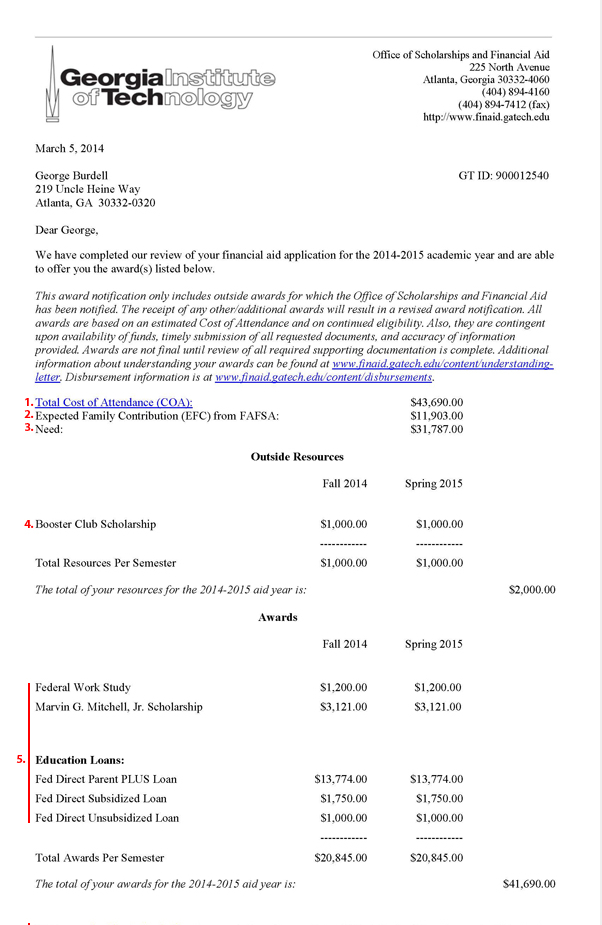 Today’s top story: How to manage your credit cards while being unemployed. Also in the news: Surviving the Heartbleed computer bug, what you need to know about gift taxes, and separating car insurance facts from fiction.
Today’s top story: How to manage your credit cards while being unemployed. Also in the news: Surviving the Heartbleed computer bug, what you need to know about gift taxes, and separating car insurance facts from fiction.
6 Credit Card Tips for the Unemployed
How to carefully manage your credit while unemployed.
What you need to know about the Heartbleed bug
Your personal and financial data may be at risk.
Gift Tax Returns: What You Need To Know
What givers and receivers need to know.
8 Car Insurance Myths You Should Send to the Junkyard
Separating fact from fiction.
It May Not Be Too Late to Reduce Your 2013 Taxes
Less than a week to go.








